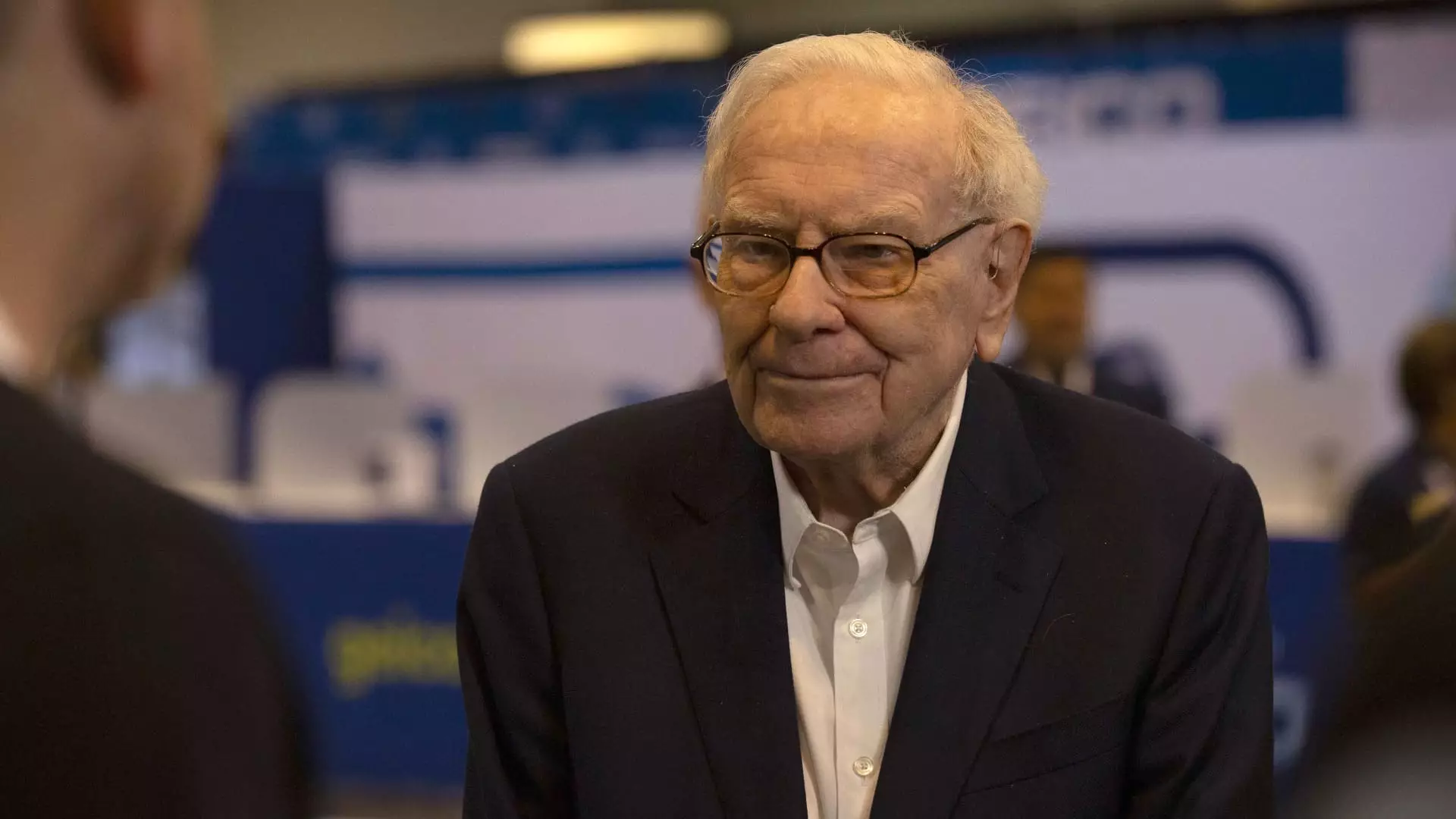Berkshire Hathaway, the diversified multinational holding company led by the legendary investor Warren Buffett, announced remarkable financial results for the fourth quarter of 2024. The report highlights a staggering 71% increase in operating profit, attributed primarily to the performance of its insurance division, which saw a year-over-year recovery. Specifically, the company recorded an operating profit of $14.527 billion, a significant rise driven largely by a meteoric 302% surge in insurance underwriting profits to $3.409 billion. This outstanding performance underscores the resilience and pivotal role of their insurance business as a key earnings engine during a macroeconomic environment that remains uncertain for many sectors.
Moreover, the insurance segment did not simply rely on underwriting. It also benefited from a nearly 50% increase in investment income, which climbed to $4.088 billion. This dual boost—both in underwriting and investment—shows Berkshire’s adeptness at capitalizing on its insurance portfolio in a time when many firms are grappling with volatility.
As Berkshire Hathaway wrapped up 2024, the company reported cash reserves swelling to a staggering $334.2 billion, up from $325.2 billion just a quarter earlier. This accumulation of liquid assets raises essential questions about Buffett’s investment strategy in a seemingly saturated market. In his correspondence to shareholders, Buffett reassured stakeholders of his commitment to equities, emphasizing that despite substantial cash reserves, a significant majority of the company’s funds continue to be invested in equities.
Buffett addressed criticisms regarding the large cash position, arguing that while the cash appears substantial, most of it is intended for future equity investments. He highlighted that though Berkshire’s ownership in marketable equities decreased from $354 billion to $272 billion over the fiscal year, the value of unquoted controlled equities remained robust, providing a sense of stability within their investment framework.
Despite the commendable financial results, Berkshire Hathaway did not shy away from identifying challenges that lie ahead. A notable point of concern is the anticipated pre-tax loss of about $1.3 billion due to wildfires in Southern California, which will impact the insurance division’s profitability. Such unforeseen events exemplify the inherent risk in the insurance industry, where natural catastrophes can erode earnings unexpectedly and place additional pressure on operational capability.
Additionally, the company reported a significant slowdown in investment gains, plummeting from $29.093 billion in the previous year to $5.167 billion in the fourth quarter alone. This decrease calls into question the sustainability of investment strategies that rely on continuous market gains, necessitating careful navigation in the current economic climate. Notably, Berkshire began to trim its investment in Apple, signifying a strategic realignment amid fluctuating market conditions.
Understanding Earnings Volatility
Berkshire’s overall earnings for the quarter reached $19.694 billion, representing a decrease of 47% compared to the previous year’s $37.574 billion. Annual earnings also saw a decline, amounting to $88.995 billion, down by 7.5% from $96.223 billion in 2023. It is important to note that fluctuations in investment gains—often highlighted by Buffett—tend to distort the true financial health of the company. The company explicitly cautioned about the misleading nature of quarterly investment gains and losses, particularly for investors unfamiliar with accounting nuances.
Buffett’s insistence on transparency regarding earnings volatility serves both as a warning and a reminder of the unpredictability that accompanies investment regarding different assets. This caution speaks volumes about his long-standing philosophy around value investing and patience, two principles that have fundamentally shaped Berkshire’s investment legacy.
While Berkshire Hathaway’s financial performance in 2024 was characterized by significant growth in operating profit and a robust insurance sector, the challenges imposed by external factors, such as natural disasters and volatile markets, remain pressing. Buffett’s strategy of maintaining substantial cash reserves, alongside a commitment to equity investments, indicates a measured approach in an era defined by economic unpredictability. As Berkshire navigates the complexities of a dynamically changing business landscape, stakeholders can observe whether Buffett’s decisions will ultimately foster long-term growth and stability for one of the most revered conglomerates in history.

